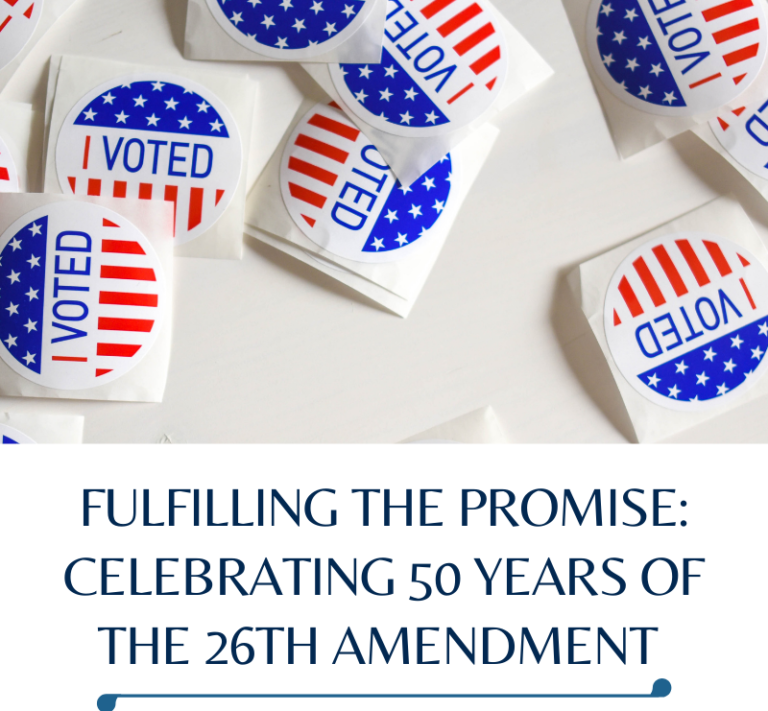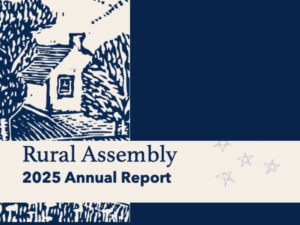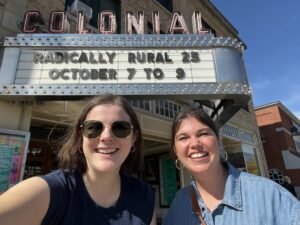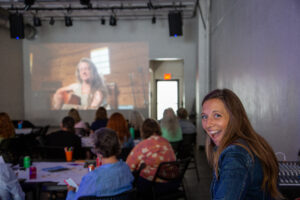Please Join The Rural Assembly, the Rural Youth Catalyst Project, and CIRCLE for a Celebration of the 50th Anniversary of the 26th Amendment (Youth Voting Rights)
Livestream Panel Discussion
November 17th, 2021 at 3pm ET
The passage of youth voting rights was a critical piece of civil rights legislation. Join us for an intergenerational panel discussion with rural leaders as we reflect on the historical significance and current fight to fulfill the promise of the 26th Amendment.
This year marks the 50th anniversary of the 26th Amendment, which lowered the voting age from 21 to 18: a critical step in the expansion of democracy.
Fifty years ago, rural young people were on the front lines of fighting to end voter suppression. Prior to the 26th amendment, the rural states of Georgia, Kentucky, Alaska and Hawaii led the way by passing their own state legislation to lower the voting age.
While there has been progress, the promise of the 26th Amendment remains partially unfulfilled as long as some youth — including rural young people — are underrepresented in the electorate.
Despite some media perceptions of the much-maligned, monolithic rural voter, rural young adults are still at the forefront of battles for political and social change.
Join us for a conversation to reclaim and reshape that image, learn from our history, and understand the important role that rural young people play in democracy.
Participants include
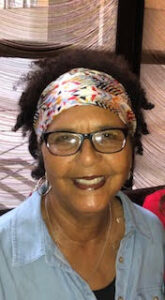 Mamie Cunningham
Mamie Cunningham
Mamie first became involved in the Civil Rights Movement as a student in 1964 at Rust College, where along with other students from across the country, she began registering people to vote. Because of her work that summer, she was chosen as an observer to travel with Fannie Lou Hamer, Stokely Carmichael, Robert Moses, Rev. Ed King, Ivanhoe Donaldson, John Buffington, Aaron Henry, Ed Kink and other members of the newly formed Mississippi Freedom Democratic Party (MDFP) to challenge the all-white, all-male Mississippi Democratic Party delegation to Atlantic City, New Jersey. After that experience, she never let go of the struggle to make “freedom and justice for everyone” a reality. Her work has continued in social justice in public schools as a teacher and advocate as well in local government.
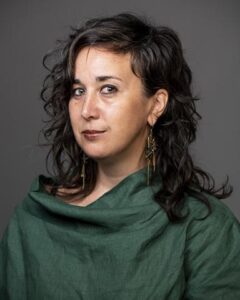 Abby Kiesa
Abby Kiesa
Abby is the Deputy Director of CIRCLE, a national research institute that focuses on conducting and leveraging research for systemic change for youth civic learning and engagement. CIRCLE’s research informs policy and practice for healthier youth development and a more inclusive democracy and is part of Tufts University’s Tisch College of Civic Life. Abby brings a broad view of the levers and interventions that make up ecosystems for civic development among a wide diversity of youth. She uses research to catalyze systemic change towards the creation of local ecosystems that promote and support diverse and sustained civic engagement. Abby provides leadership for CIRCLE’s election strategies, among other things and is driven by how to change de facto community, institutional, and political systems to reduce inequality Abby has appeared or been quoted in major media outlets like Abby has been cited by news outlets such as The New York Times, CSPAN, NPR, and PolitiFact.
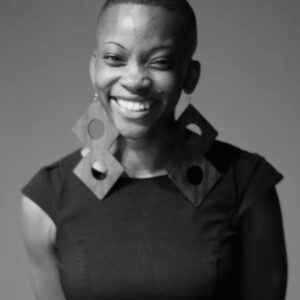 Amanda Furdge-Shelby
Amanda Furdge-Shelby
Amanda Furdge is the Young Women’s Leadership Program Director for the Children’s Defense Fund-Southern Region Office and the Southern Rural Black Women’s Initiative for Social and Economic Justice (SRBWI), where she directs the Unita Blackwell Young Women’s Leadership Institute (YWLI) – a program that reached its 15th year in 2020. She is responsible for the development and execution of high impact youth-centered curricula and programming, as well community organizing and advocacy. Amanda is dedicated to seeing young people; in particular young women of color – learn life lessons, control their own narratives, and lead while growing. Prior to joining CDF-SRO, Ms. Furdge worked and still works as a writer, publishing her first collection of non-fictional stories about growing up in Mississippi, motherhood and art in 2016 and a multi medium Performing Artist.
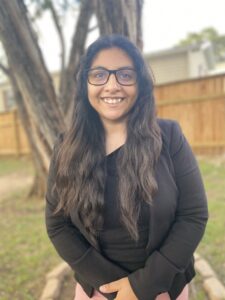 Marlene Guerrero Plua joined Stoic Energy Consulting as the Climate and Clean Energy Coordinator in June 2021. A Rio Grande Valley girl at heart, Marlene’s advocacy work is fueled by her own personal narrative growing up in a colonia, being raised by a single mother, and having worked as a migrant farmworker. Marlene knows firsthand the hardships perpetuated by racial inequities and poverty.
Marlene Guerrero Plua joined Stoic Energy Consulting as the Climate and Clean Energy Coordinator in June 2021. A Rio Grande Valley girl at heart, Marlene’s advocacy work is fueled by her own personal narrative growing up in a colonia, being raised by a single mother, and having worked as a migrant farmworker. Marlene knows firsthand the hardships perpetuated by racial inequities and poverty.
Marlene previously worked for Jolt Initiative developing and managing strategies for engagement and impact ranging from climate justice campaigns to leadership programming for Latinx youth. Prior to Jolt, Marlene worked at Texas RioGrande Legal Aid for a decade.
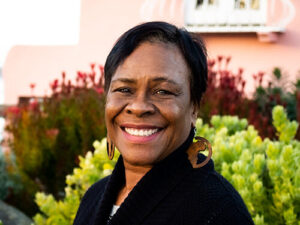 Carol Blackmon
Carol Blackmon
Carol currently serves as Senior Consultant and Human Rights Coordinator for Southern Rural Black Women’s Initiative for Economic and Social Justice where she trains community leaders and their commissions on the Universal Declaration of Human Rights. Recently, she led a delegation of 30 rural black women to the United States Human Rights Network Conference to provide testimony related to Extreme poverty in the United States.
 Juan Manuel Ruiz
Juan Manuel Ruiz
Juan is a community organizer in the US-Mexico border city of Laredo, Texas. Since February 2020, he has been an active member of the dynamic No Border Wall Coalition where he successfully mobilized residents in Webb County and Zapata County to resist border wall construction. Through a combination of creative, political, and legal strategies to pressure the Biden Administration, the No Border Wall Coalition was successful in the cancellation of all wall construction contracts in the region. Currently a field organizer for a US Congressional campaign, Juan has also been accepted into the 2022 cohort of the New Leaders Council (NLC)- Frontera chapter. Juan is a graduate of Texas A&M International University where he earned his Bachelor’s degree in Multidisciplinary Studies. He is passionate about food’s ability to unite people, and has been vegan for four years.


